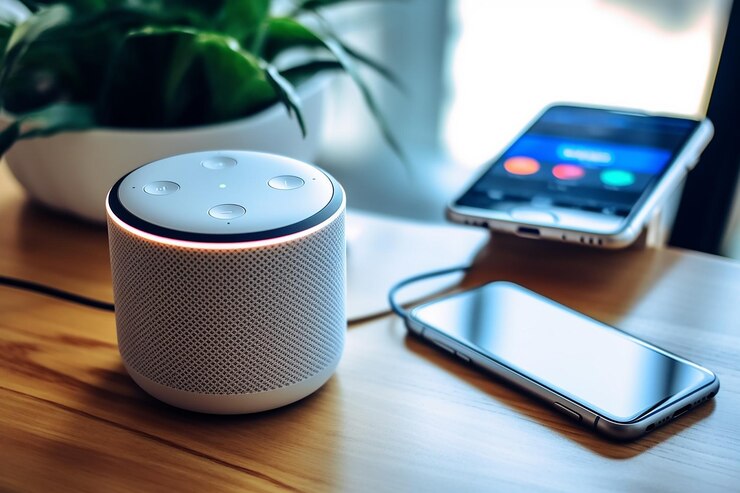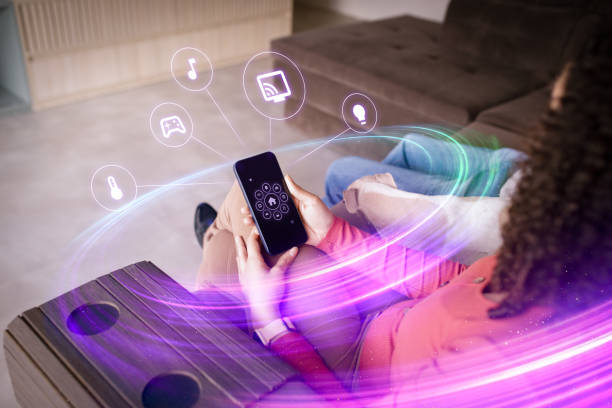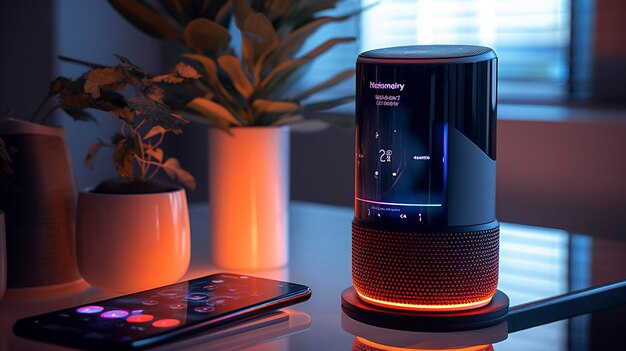
Regularly Review and Delete Voice Recordings: Voice assistants keep your voice commands to offer more enhanced services. On the other hand, this means that they have a history of your interactions. You can access these recordings in the device settings. Regularly delete these things to avoid unnecessary long-term storage of your data.
Turn Off Personal Results: Personal results are the responses provided by voice assistants tailored to your information. Although this can be convenient at times, it may make sensitive information available. Set your device to disable personal results for increased privacy.
Use Privacy-Focused Alternatives: Other options to the mainstream voice assistants focused on privacy. These alternatives are centered on user privacy, which also restricts data collection. They do not provide the same level of functionality but they could be a good choice for privacy-conscious users.
Mute Voice Assistants When Not in Use: Voice assistants are always on the listen for their wake word. It can result in accidental recording. Most devices come with a mute feature that allows one to silence the voice assistant when it is not being used.
Limit Location Sharing: Many of your voice assistants use your location to give you localized results. But this gives them access to your location data. You can set location sharing to be limited or disabled entirely in your settings.
Regularly Update Your Devices: Often such regular updates involve security patches that protect against potential vulnerabilities. Updating your device is a hassle-free way to improve your privacy and security.
Be Aware of Third-Party Integrations: Voice assistants often connect to third-party services. This Enhances more functionality but may also expose your data to more companies. Be careful when employing these integrations and only use services from reputable providers.
Props and cons of using voice assistance
Convenience: Voice assistants can do various tasks very fast and easily, like set reminders or play music with just a few words in the form of a voice.
Accessibility: For people with physical disabilities or those who are blind, voice assistants can be great tools, enabling them to use technology without hands.
Multitasking: Voice assistants enable users to multitask better. For instance, you can request your voice assistant to compose and send an SMS or set an alert when cooking food or driving
Smart Home Integration: Many voice assistants can be linked to home automation devices, so you can manage the lighting, temperature, and security of your house by speaking.
Learning and Development: The voice assistants are constantly improving and adjusting to your tastes and habits, becoming more personalized as time goes by offering a better way of service that gets more efficient..
Cons Privacy Concerns: Voice assistants present notable privacy concerns as discussed in the article. They are always in listening mode and can store personal related information that may well land in the hands of some third parties. Misunderstandings: Voice assistants may sometimes misinterpret commands, especially if the environment is noisy or in case of a strong accent. Limited Functionality: Voice assistants have come a long way but are still imperfect. They may not comprehend intricate commands, and their usability relies on the integrations and features determined by the supplier. Dependence on the Internet: Voice assistants need an Internet connection to operate. Intrusive Ads: Some voice assistants may employ user’s data for promotional purposes which might feel like intrusion to some users. Conclusion Thus, voice assistants are handy but on the other hand, they raise a lot of privacy issues. As users, we must be aware of these issues and do our best to secure personal information. However, the talk on privacy associated with voice assistants will go beyond tomorrow.





